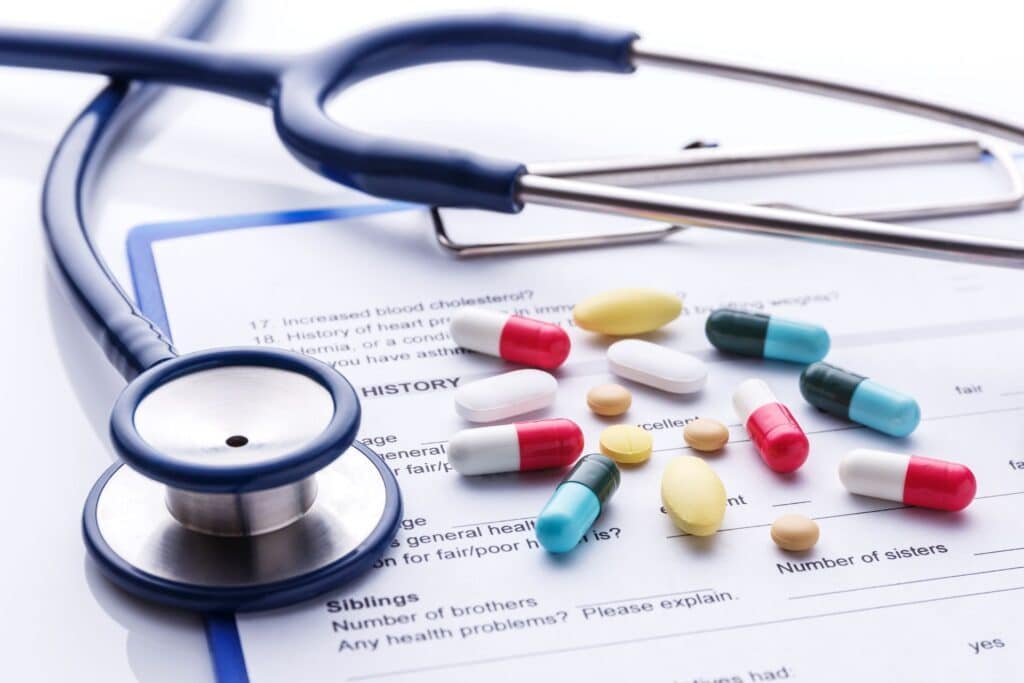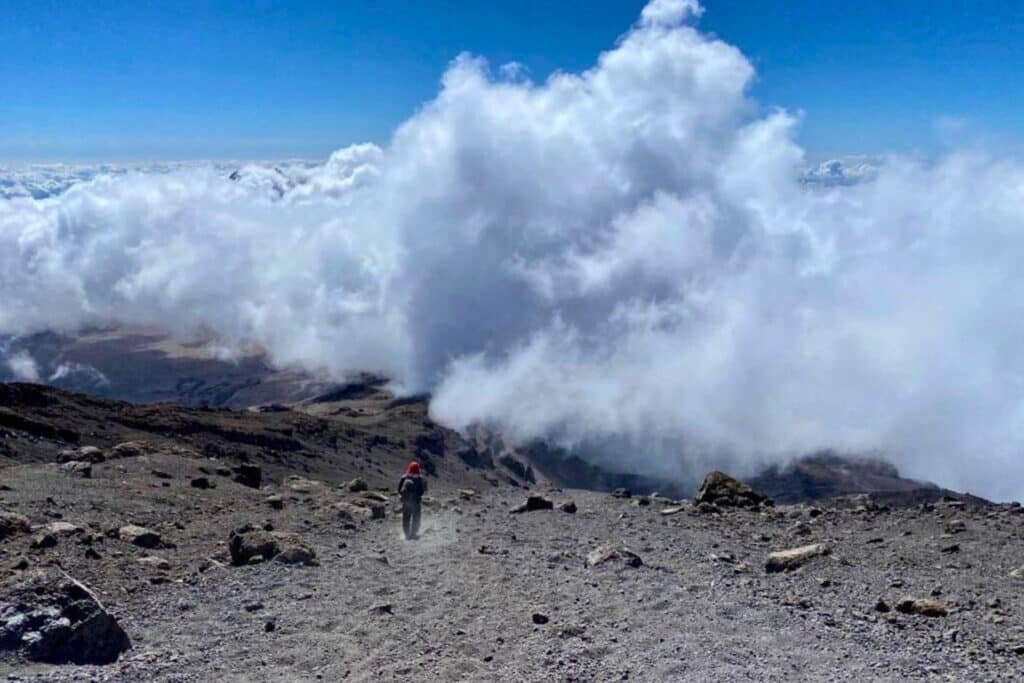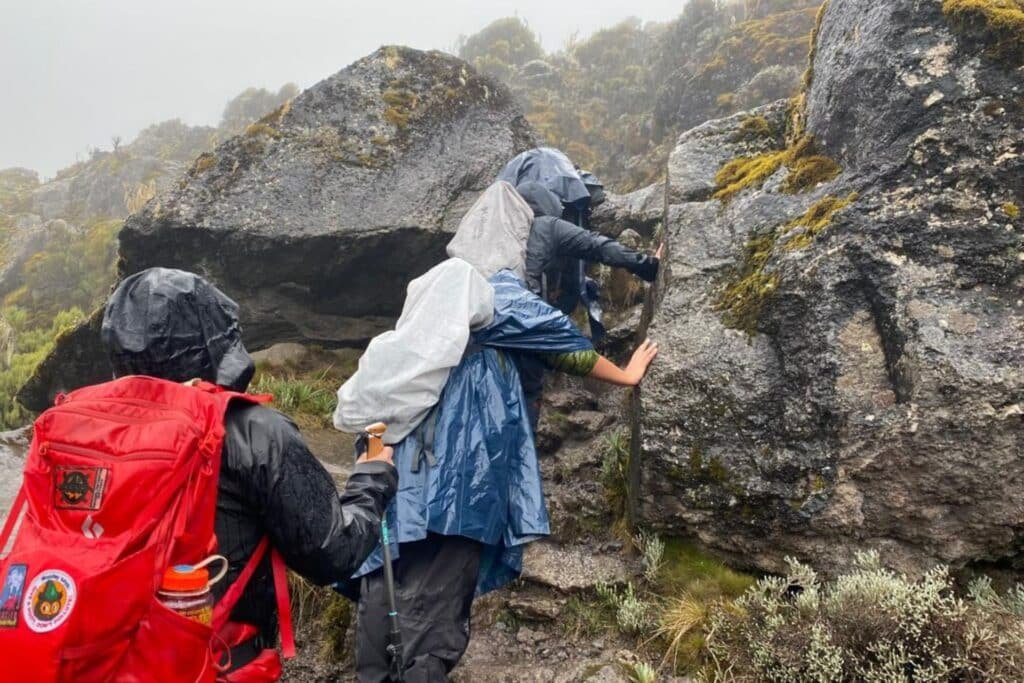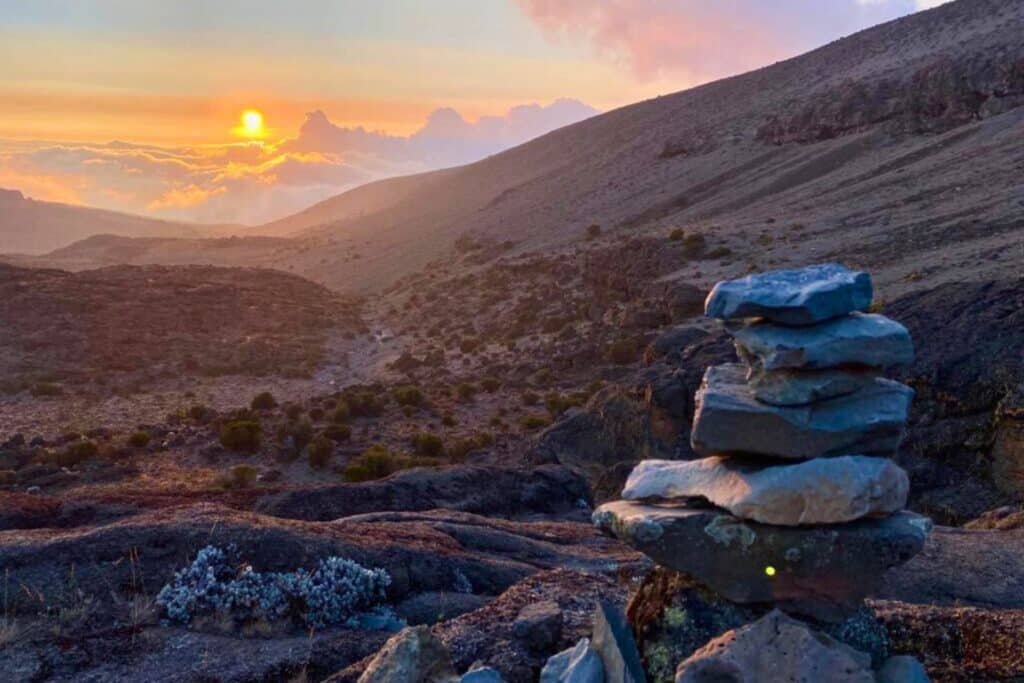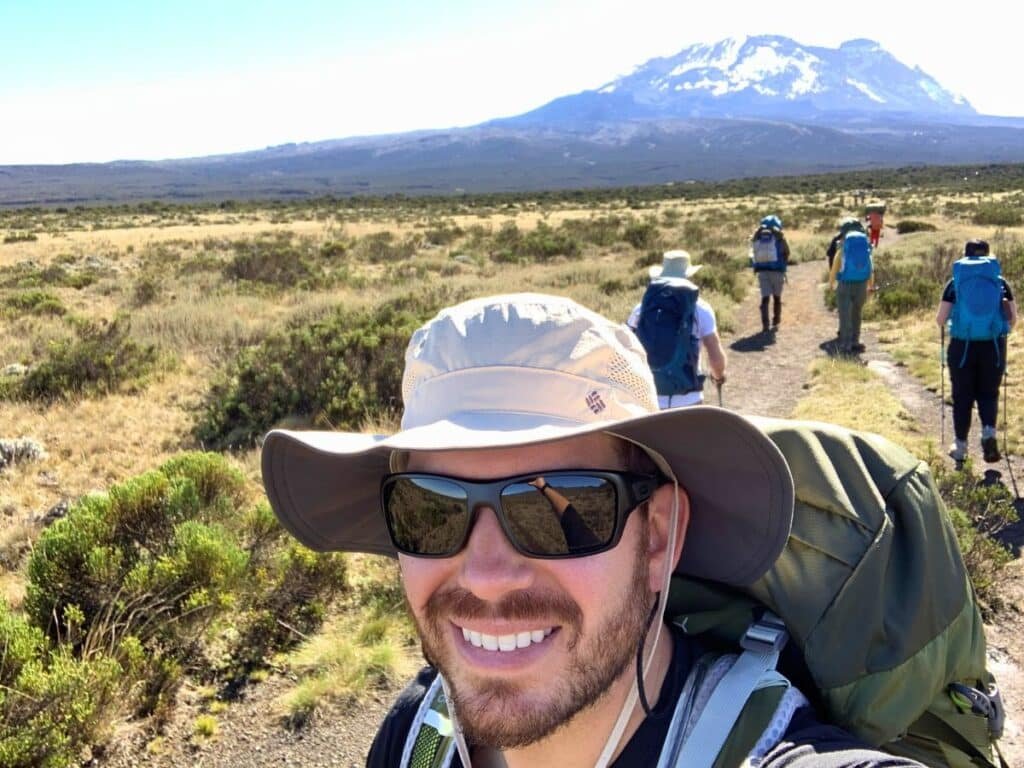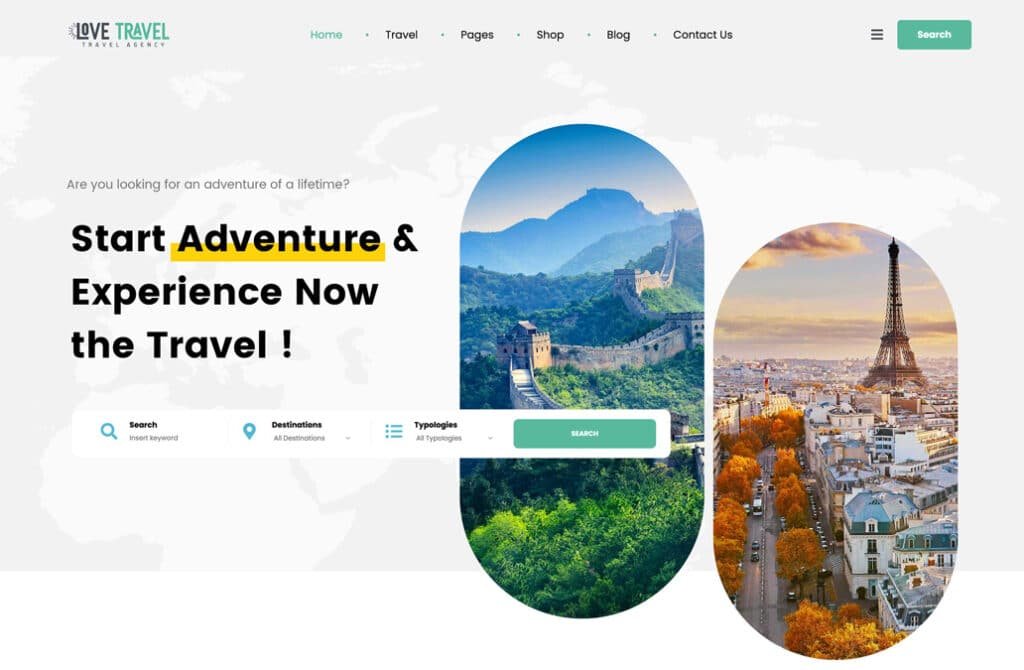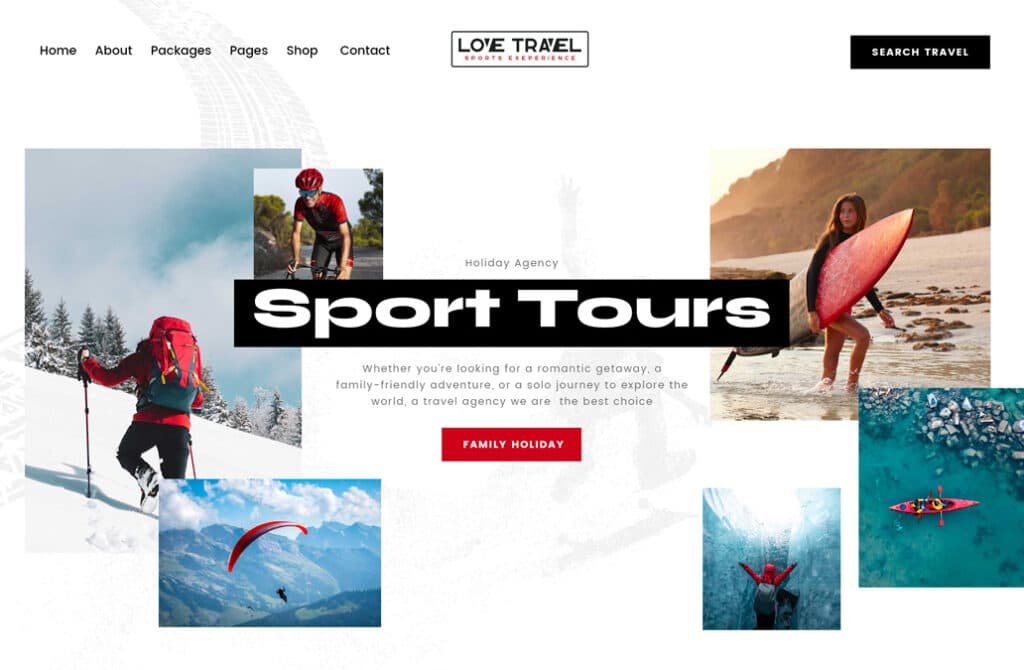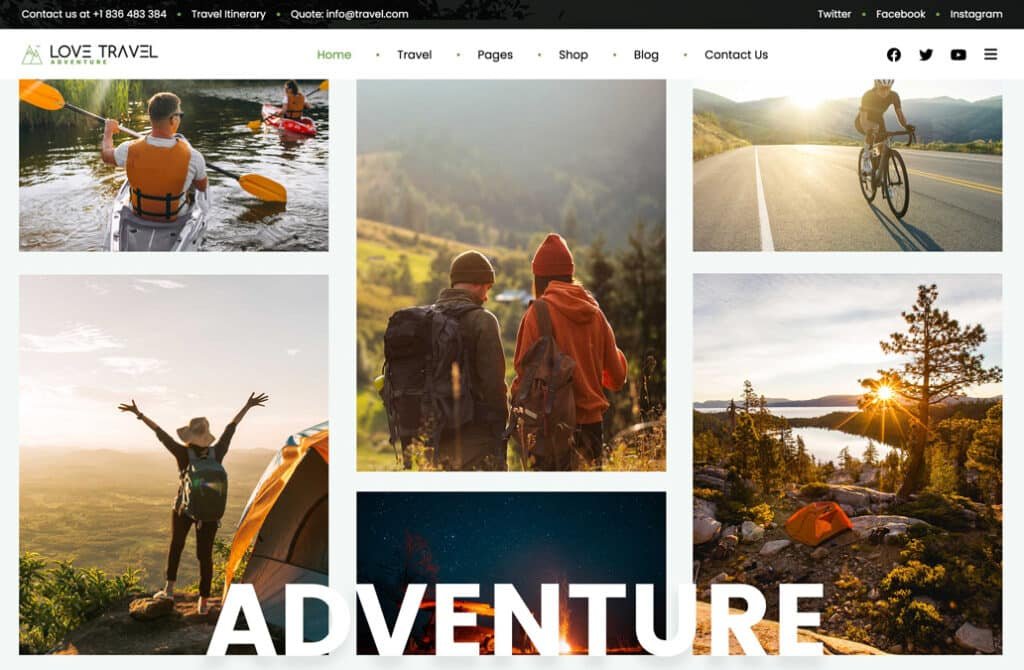While Tanzania is a beautiful travel destination, certain health risks exist, and proper vaccinations can protect you against common diseases.
This guide covers recommended vaccinations for Kilimanjaro, region-specific health risks, and malaria prevention to help you travel with confidence.
🛡️ Recommended Vaccinations for Kilimanjaro Travelers
Before traveling to Tanzania, consult your doctor or a travel health specialist about the following vaccinations:
✔️ Hepatitis A – Protects against contaminated food and water. A two-dose series offers up to 10 years of immunity.
✔️ Hepatitis B – Recommended if you may receive medical care or come into contact with blood or body fluids.
✔️ Typhoid Fever – Spread through contaminated food and water, this severe illness is preventable with a vaccine.
✔️ Polio Booster – If you were vaccinated as a child, a single booster dose provides an extra decade of protection.
✔️ Tetanus-Diphtheria Booster – Needed every 10 years to protect against wound infections and bacterial toxins.
✔️ Meningococcal Meningitis – Protects against a serious bacterial infection affecting the brain. Effective for 3–5 years.
✔️ Rabies – Recommended for those spending time outdoors, in rural areas, or working closely with animals.
Schedule vaccinations at least 4-6 weeks before travel to allow your body to build immunity.
🌍 Region-Specific Health Risks: What You Need to Know
Traveling in East Africa comes with certain health risks that can be managed with proper precautions:
🦟 Malaria Prevention
▪️ Tanzania is a malaria-prone region, including some urban areas.
▪️ No malaria risk on Mount Kilimanjaro due to high altitude, but it’s a possible concern in lower regions like Moshi, Arusha, and Zanzibar.
▪️ Preventive medication is strongly recommended for all travelers.
💊 Malaria Medication Options
Your doctor may prescribe one of the following:
✔️ Atovaquone/Proguanil (Malarone) – Well-tolerated, taken daily.
✔️ Doxycycline – Affordable, but increases sun sensitivity.
✔️ Mefloquine (Lariam) – Taken weekly, but may cause side effects in some travelers.
✔️ Primaquine – Effective if traveling to areas with resistant strains.
Pack insect repellent, long-sleeve clothing, and a mosquito net for extra protection in malaria-prone zones.
Yellow Fever Vaccination: Who Needs It?
▪️ Required ONLY if traveling from a country with Yellow Fever risk (e.g., Kenya, Uganda, Ethiopia).
▪️Not required for direct flights from the U.S., UK, or Europe.
▪️ Some airlines or border agents may still ask for proof, so check with your airline before travel.
Carry your Yellow Fever Vaccination Certificate in case of unexpected travel changes.

Additional Medications & Health Considerations for Tanzania Travel
Packing the right medications is just as important as bringing the proper gear and clothing for your Mount Kilimanjaro climb. While vaccines protect against preventable diseases, certain medications can help you stay healthy and comfortable throughout your trip.
Before departure, consult your healthcare provider or travel doctor to discuss essential medications for altitude sickness, digestive issues, and general pain relief.
Recommended Medications for Kilimanjaro Trekkers
✔️ Diamox (Acetazolamide) – A prescription medication that helps prevent and treat altitude sickness. Taken before and during the climb, it helps reduce the risk of Acute Mountain Sickness (AMS).
✔️ Ciprofloxacin or Equivalent Antibiotic – Useful for treating traveler’s diarrhea, which can result from food or water contamination.
✔️ Ibuprofen (Advil) – Helps relieve muscle pain, joint aches, and altitude-related headaches.
🚫 Avoid Aspirin
✔️ Aspirin is NOT recommended for Kilimanjaro trekkers—it can impair blood clotting, which may increase the risk of altitude-related complications.
Pack medications in labeled containers and carry a doctor’s note for prescriptions, especially when traveling with controlled substances.
COVID-19 Travel Guidelines for Tanzania
▪️ As of September 15, 2022, air travelers arriving in Tanzania are NOT required to show proof of COVID-19 vaccination or testing.
▪️ Land border entries may have different protocols for vaccinated and unvaccinated individuals—check before traveling.
Travel regulations can change—always verify the latest entry requirements before departure.
Ebola Awareness: Low Risk in Tanzania
▪️ There is NO Ebola risk in Tanzania.
▪️ Awareness of previous outbreaks in other parts of Africa is good for context, but not a concern for travelers visiting Tanzania.
🔍 Kili Facts to Impress Your Friends
Kilimanjaro’s name is shrouded in mystery—there’s no definitive explanation for its origin, but it may come from the Swahili words “Kilima” (mountain) and “Njaro” (whiteness or shining).
Why Consulting a Healthcare Provider is Essential
Before traveling, schedule a pre-trip consultation with your doctor or a travel health clinic.
✔️ Discuss required & recommended vaccinations for Tanzania.
✔️ Get prescriptions for altitude sickness, malaria prevention, and antibiotics if needed.
✔️ Receive personalized advice based on your medical history & itinerary.
Final Thoughts: Travel Smart, Stay Healthy
✔️ Vaccinations & medications are essential for a safe, enjoyable trip to Tanzania.
✔️ Altitude sickness prevention, antibiotics, and pain relievers help climbers stay healthy on Kilimanjaro.
✔️ Check the latest travel health guidelines before departure.
✔️ Consult a healthcare provider for tailored medical advice.

